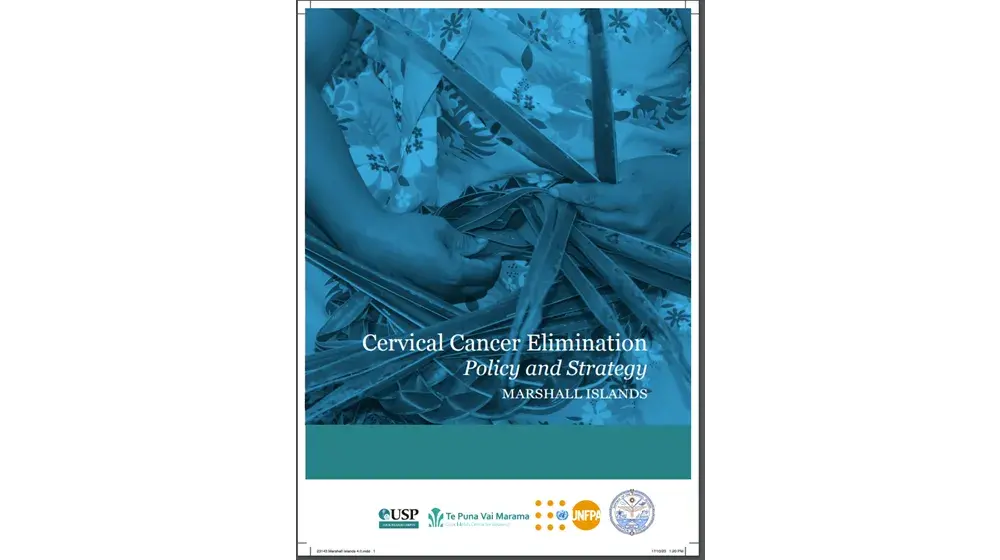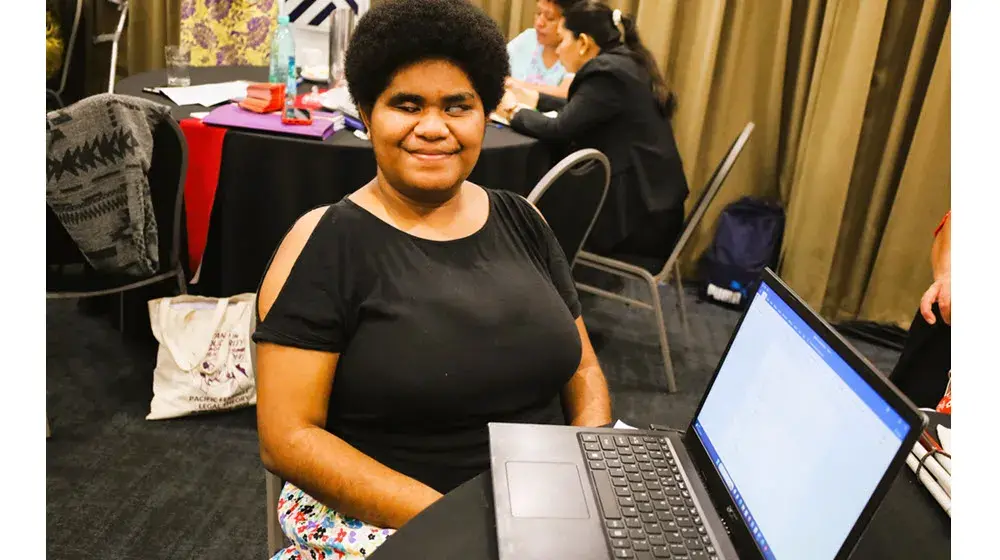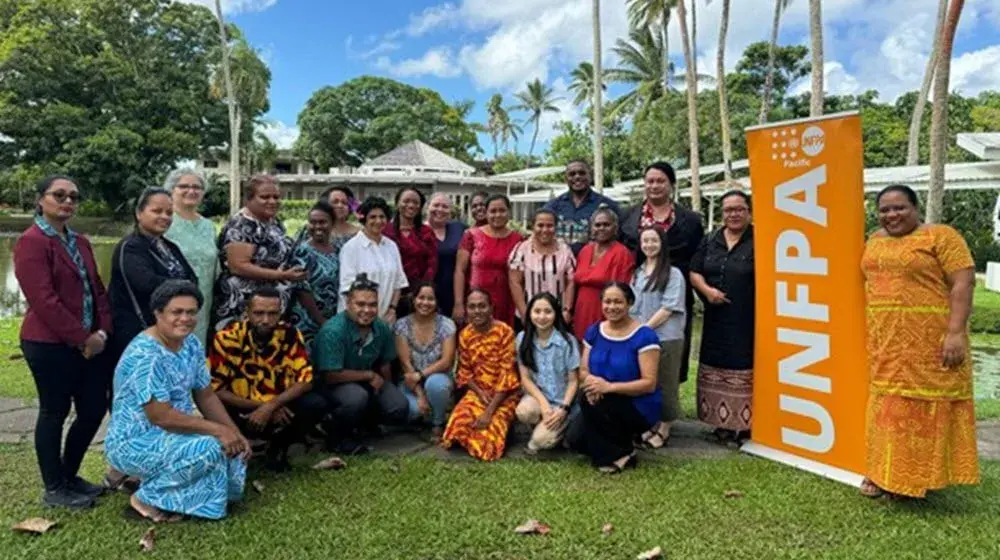NADI, Fiji - 36 delegates from 11 Pacific countries among UNESCAP Members and Associate Members gathered in Nadi, Fiji, and finished a two-day Pacific Regional Preparatory Meeting for the 7th Asian Pacific Population Conference (APPC7) approaching in November this year.
APPC7 scheduled on 15-17 November 2023 in Bangkok, is convened by the UN Economic and Social Commission for Asia and the Pacific (ESCAP), with the support of the United Nations Population Fund (UNFPA). The outcomes of this regional conference will then feed into the global review of progress towards the Programme of Action (POA) of the 1994 International Conference of Population and Development (ICPD) at the 57th UN Commission on Population and Development to be held in April 2024 in New York, as the ICPD POA marks its 30th anniversary.
The Pacific Regional Preparatory Meeting for this APPC7 was organized by UNFPA Pacific Sub-Regional Office (PSRO) on 12-13 September, for ICPD focal point officials of Pacific governments, as well as representatives of non-governmental organizations working for women’s health, youth, and persons with disabilities. Other officials also joined this preparatory meeting virtually from their capitals. The meeting was opened with a speech by Hon. Professor Biman Prasad, the Deputy Prime Minister and Minister for Finance, Strategic Planning, National Development and Statistics of the host government of Fiji.
Experts from UNFPA Asia-Pacific Regional Office (Bangkok) and Family Planning New Zealand (Wellington) and a former Fijian diplomat served as resource persons and facilitators for the sessions. Over the two days, the delegations reviewed their countries’ accomplishments and challenges in implementing the 2013 Asian and Pacific Ministerial Declaration on Population and Development, which was adopted at the previous Sixth Asia Pacific Population Conference (APPC6).
The 14 Pacific island countries and territories (PICTs) that UNFPA PSRO serves, have made notable progress in implementing the ICPD Programme of Action in the last decade since APPC6 in 2013, for advancing universal access to sexual and reproductive health information and services. Nevertheless, some countries have faced challenges, for instance, in ending unmet need for family planning and curtailing teenage pregnancy, partly due to the adverse impacts of emerging trends of climate change and the COVID-19 pandemic that have offset the gains made.
While the populations of these 14 Pacific countries may appear to be small, estimated at a total of 2.63 million in 2023, the common youthful age structure and vastly scattered island setting with resource limitations, coupled with economic and climate-induced migration, make the Pacific region’s demographic dynamics quite complex, with some commonalities among the countries and variations as well. In this context, the Pacific countries’ delegates at the APPC7 Preparatory Meeting also discussed the intersectionality between population dynamics, sexual and reproductive health, gender equality, youth empowerment, and the climate-humanitarian-development nexus.
“Population and development considerations are of great importance to the Pacific countries, in achieving the global Agenda 2030 including the SDGs and the regional 2050 Strategy for the Blue Pacific Continent,” said Iori Kato, UNFPA Pacific Director and Representative in Fiji. “UNFPA remains committed to continuing to support Pacific countries in achieving ICPD POA, especially to eradicate preventable maternal mortality, unwanted pregnancies, gender-based violence and harmful practices such as child marriage, in support particularly of women, adolescents, persons with disability and other vulnerable populations, both in normal settings and humanitarian emergencies,” added the UNFPA Pacific Director.





